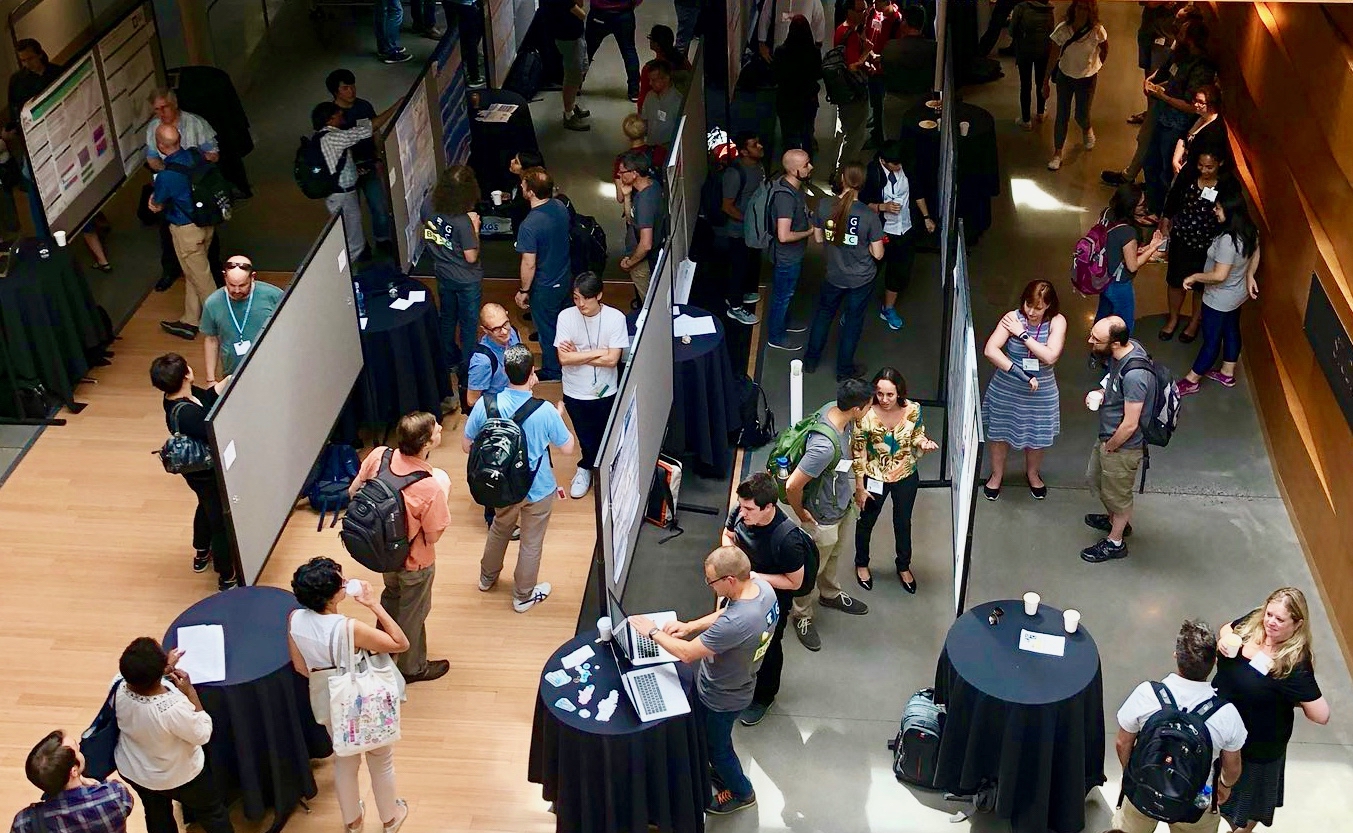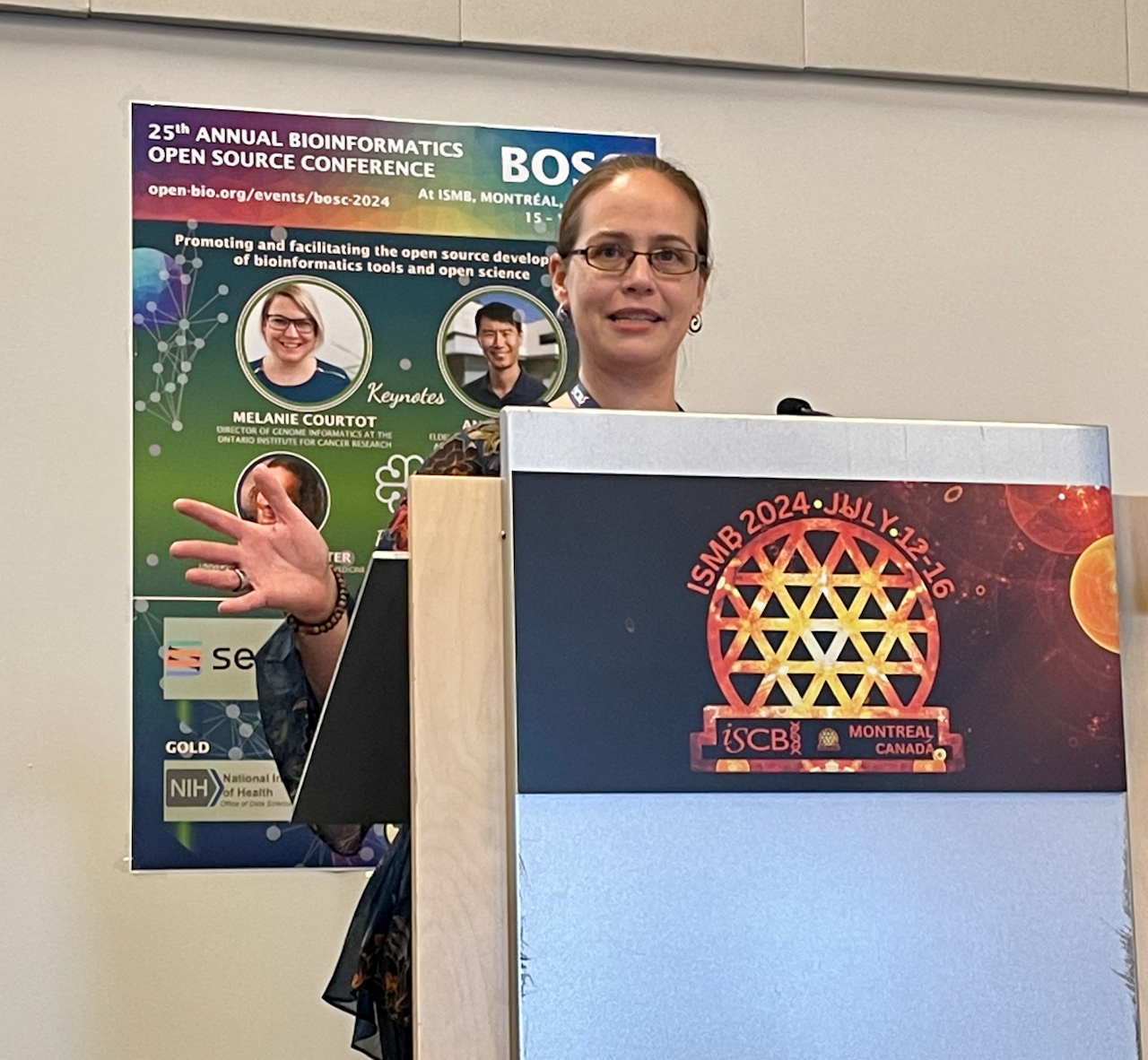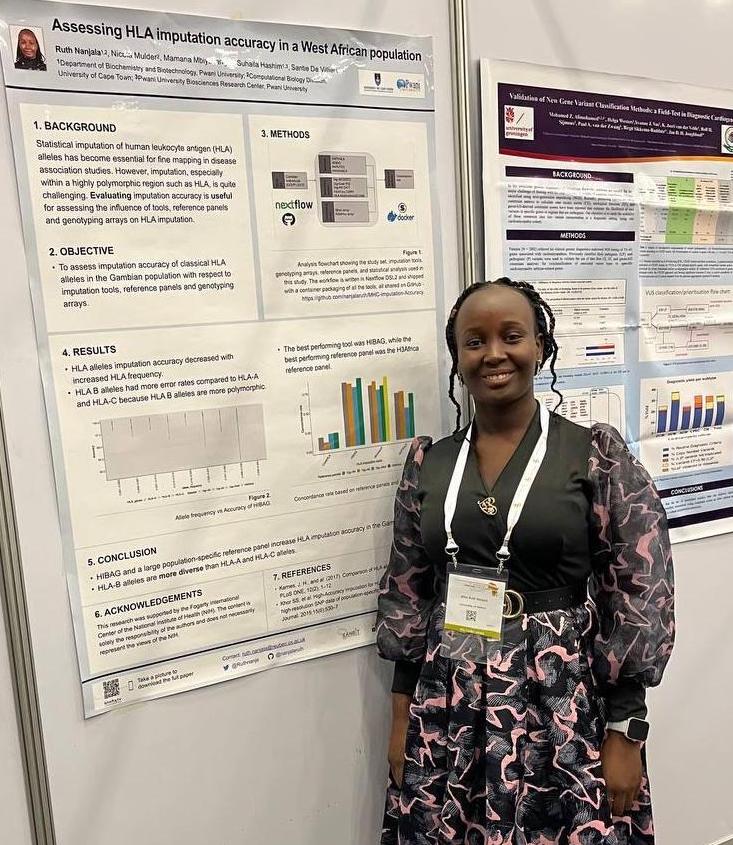We are pleased to announce the release of BioRuby 1.4.3.0001. This new release fixes the following bugs.
- “gem install bio” failed with Ruby 2.0 or later versions.
- lib/bio/db/gff.rb script encoding issue
- Bio::Blast::Default::Report parse error when subject sequence contains spaces.
For more information, see RELEASE_NOTES.rdoc and ChangeLog.
[Read More]




